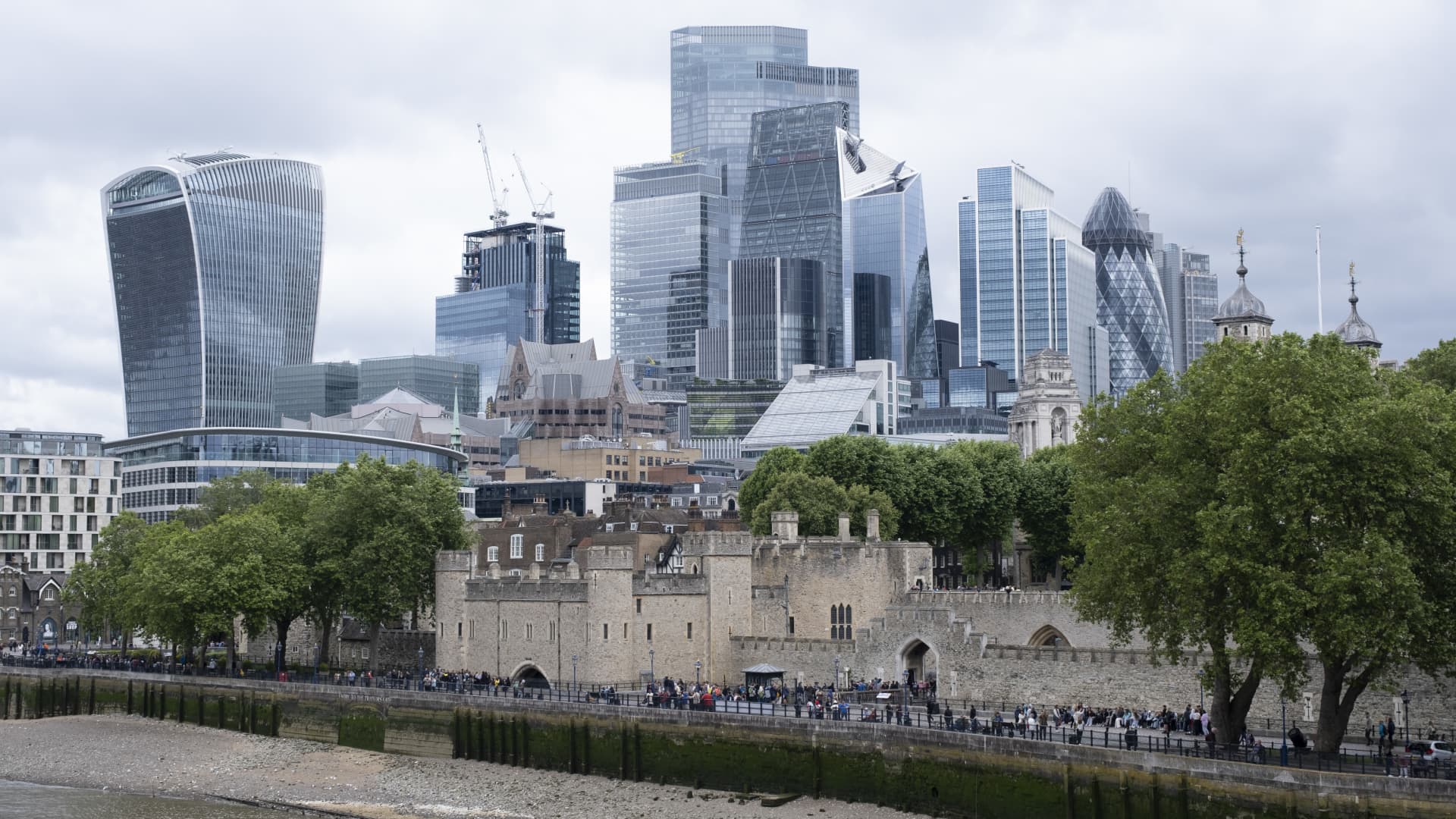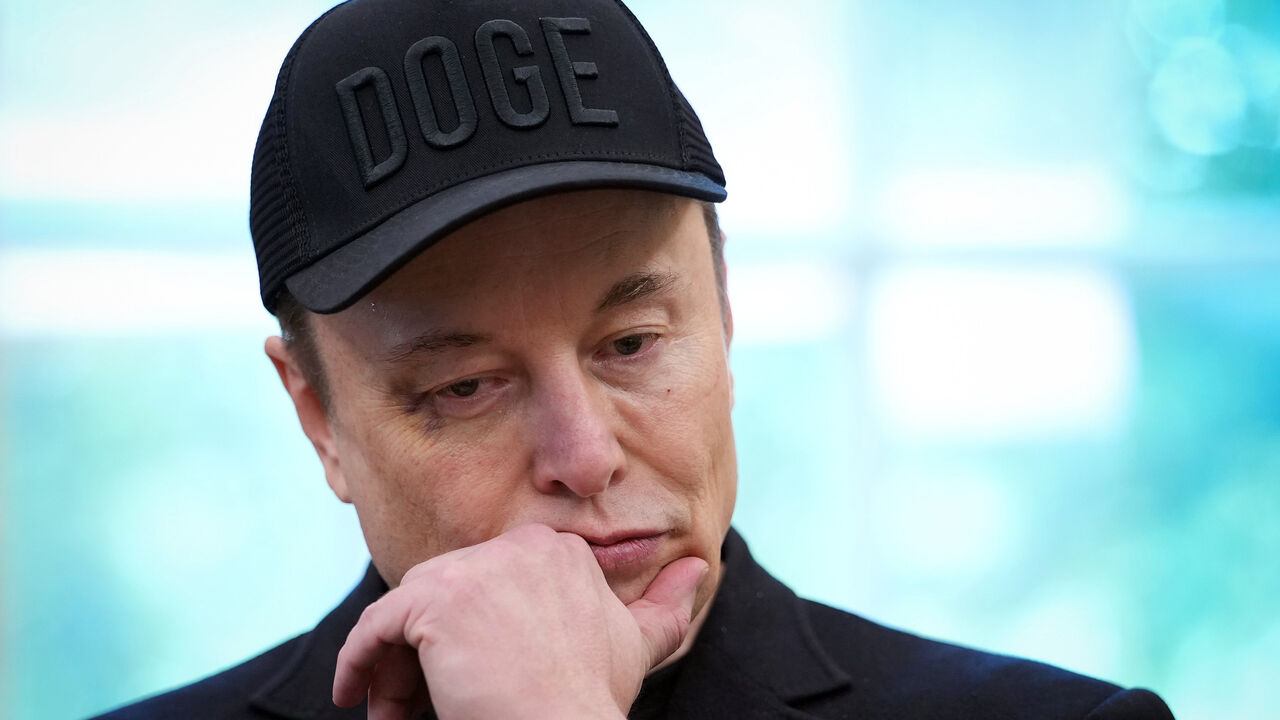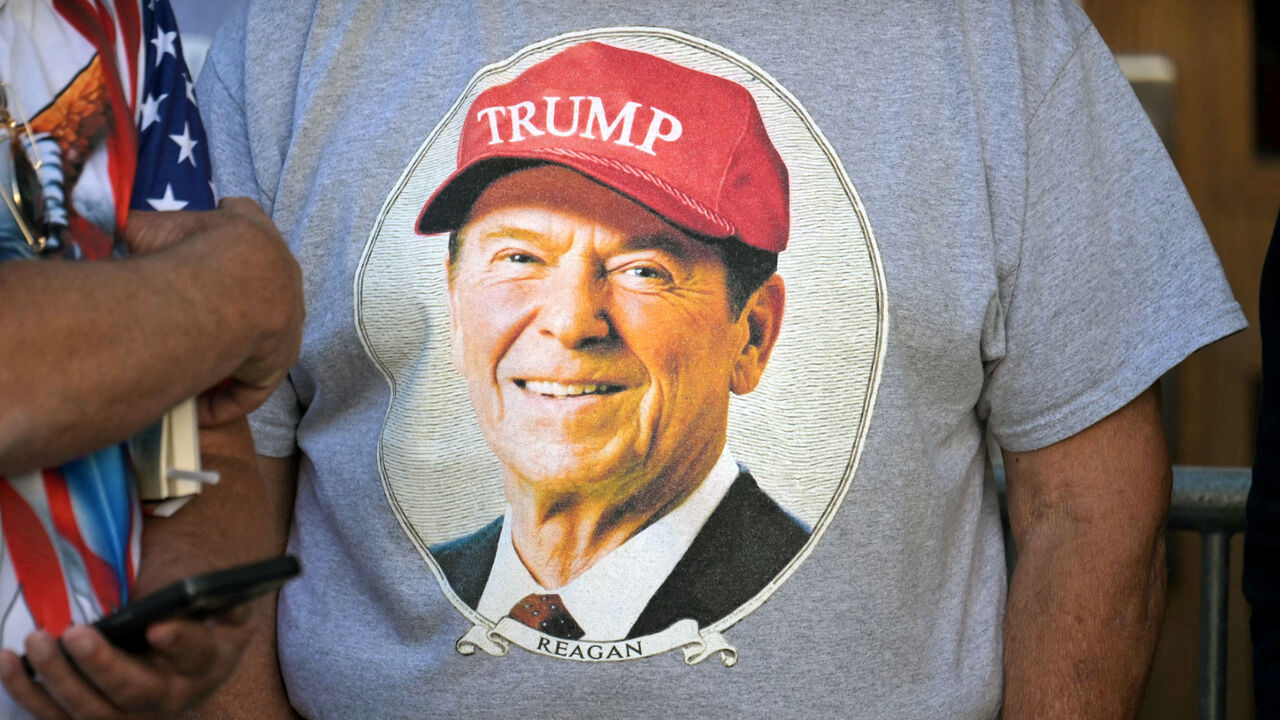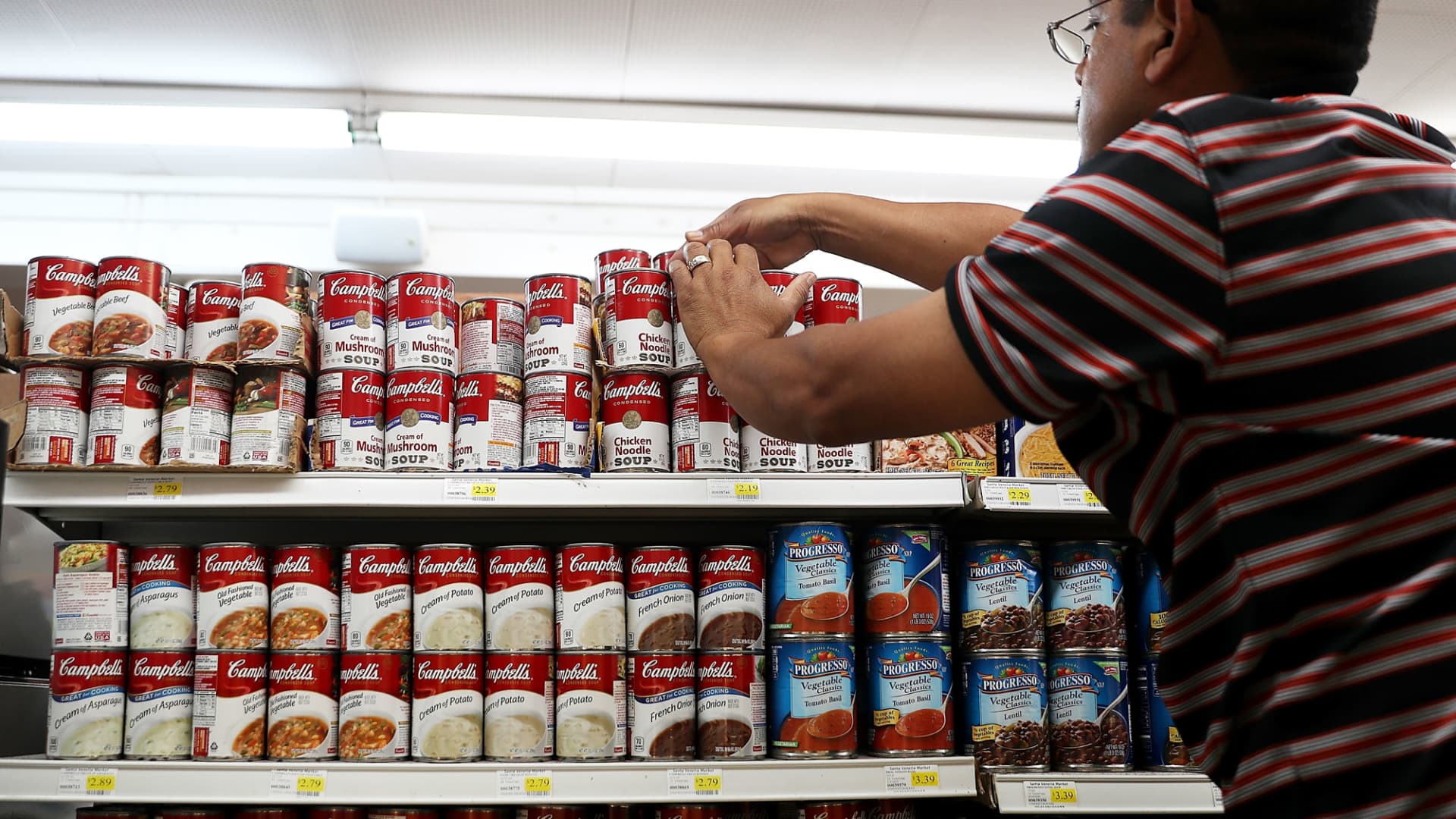City of London skyline on 10th June 2024 in London, United Kingdom. The City of London is a city, ceremonial county and local government district that contains the primary central business district CBD of London. The City of London is widely referred to simply as the City is also colloquially known as the Square Mile.
Mike Kemp | In Pictures | Getty Images
LONDON — The U.K. economy grew by 0.4% in May, flash figures published by the Office for National Statistics showed on Thursday, with the British pound jumping to a four-month high against the U.S. dollar after the announcement.
Gross domestic product came in above the 0.2% monthly expansion forecast by a Reuters poll of economists.
The British economy exited a shallow recession in the first quarter of the year, then flatlined in April.
The nation’s dominant services sector showed continued growth of 0.3% in May, as output in both production and construction rebounded from losses, rising by 0.2% and 1.9%, respectively.
Sterling was 0.14% higher against the U.S. dollar at $1.2863 by 8:30 a.m. in London — the highest level for the British currency since March 8, 2024, according to LSEG data.
The broad-based recovery will be welcomed by the newly-elected Labour Party, as Prime Minister Keir Starmer undertakes his first week on the job.
Goldman Sachs last week upgraded its growth forecast for the U.K. following left-of-center Labour’s thumping victory in the country’s general election. The party campaigned on a platform that centered on boosting economic growth, housing and planning.
The party’s large parliamentary majority and business-friendly messaging have led analysts to describe the government as generally supportive of U.K. assets.
In a note, Ashley Webb, U.K. economist at Capital Economics, underlined the recent trend of British GDP increases in recent months — barring the lack of growth in April — “which supports the idea that the dual drags on activity from higher interest rates and higher inflation are starting to fade.”
Price rises in the U.K. have cooled from a 41-year high of 11.1% in October 2022, all the way down to the Bank of England’s 2% target in May this year. The performance has raised expectations for a coming interest rate cut from the Bank of England.
However, the BOE continued to strike a cautious tone at its June meeting even after its peers at the European Central Bank began their own path of interest rate cuts, warning that key indicators of inflation persistence in the U.K. “remained elevated.” Markets remain roughly evenly split on the prospect of a cut at its August meeting.
Labour agenda
It will now be up to the new government to build momentum behind the latest economic growth figures, Muniya Barua, deputy chief executive at industry campaign group BusinessLDN, said in emailed comments.
“With the public finances stretched, ministers should follow its flurry of recent pro-growth announcements by prioritising high-impact, low-cost measures which taken together could help unlock much-needed private investment,” Barua said, citing an overhaul of the apprenticeship system and scrapping stamp duty on share transactions.
New Finance Minister Rachel Reeves last week said Labour would introduce mandatory house-building targets, lift the ban on new onshore wind farms in England and reform planning rules. On Wednesday she announced the launch of a £7.3 billion ($9.4 billion) national wealth fund targeted at attracting private sector investment in U.K. infrastructure projects.
The business community now awaits Labour’s first fiscal statement, which is expected no earlier than mid-September, Lindsay James, investment strategist at Quilter Investors, said in a note.
This “should make both taxation and spending plans clearer. This will allow businesses to better plan ahead and could in turn reinvigorate their want to invest,” James said.
“However, this would take time to feed through, and until there is a better understanding of what is to come, we are unlikely to see any meaningful acceleration in GDP growth,” she added.

 Personal Finance1 week ago
Personal Finance1 week ago
 Blog Post1 week ago
Blog Post1 week ago
 Economics5 days ago
Economics5 days ago
 Economics1 week ago
Economics1 week ago
 Accounting6 days ago
Accounting6 days ago
 Personal Finance1 week ago
Personal Finance1 week ago
 Economics6 days ago
Economics6 days ago
 Personal Finance5 days ago
Personal Finance5 days ago





















